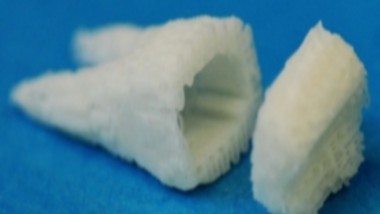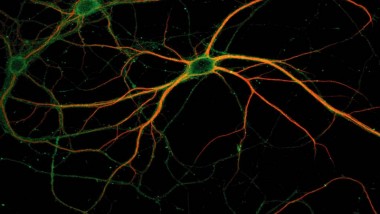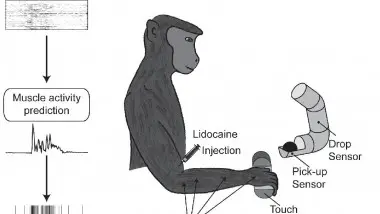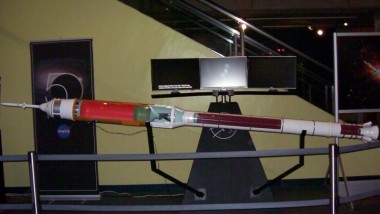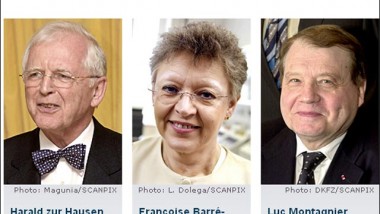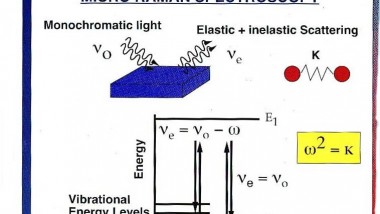Researchers at Columbia University Medical Center in New York City have developed a method of growing dental implants in place using stem cells. The process can result in a fully formed replacement tooth in less than nine weeks from initial ...
Memory Encoding Methods
Researchers at the University of California at Santa Barbara (UCSB) have uncovered a process used to encode memories in the synapse layer connecting neurons of the human brain. In order to ensure memories are encoded in the synapse and retrievable ...
Using Brainpower to Control Paralyzed Limbs
Researchers at Northwestern University in Evanston, Illinois are developing systems to translate brain activity into real time muscle movements. Combining functional electrical stimulation (FES) and a neural implant, the new system could allow people paralyzed because of spinal cord damage ...
Special Report: NASA Future Forum
The National Aeronautics and Space Administration (NASA) recently held the sixth of seven planned Future Forums at the Museum of Science in Boston in Cambridge, Massachusetts. The forum included presentations by NASA Deputy Administrator, Shana Dale, the head of Ares ...
2008 Nobel Prize in Medicine
The Nobel Assembly at Karolinka Institute is awarding the 2008 Nobel Prize in Physiology or Medicine to Harald zur Hausen of the German Cancer Research Centre in Heidelberg, Germany, Francoise Barre-Sinoussi of the Virology Department of the Institut Pasteur in ...
Robots Waltz on a Pinhead
Researchers at the Donald Lab at Duke University have built miniature robots, only a few microns tall, capable of acting in concert to achieve collaborative tasks. This ability was recently demonstrated by orchestrating a dance to a Strauss Waltz between ...
Spectroscopy Finds Early Tooth Decay
King’s College, London is developing a new technology that may make the dentist’s drill obsolete in as little as five years. A preliminary study shows that decay causing bacteria scatter light differently from healthy tooth matter. Using a form of ...

